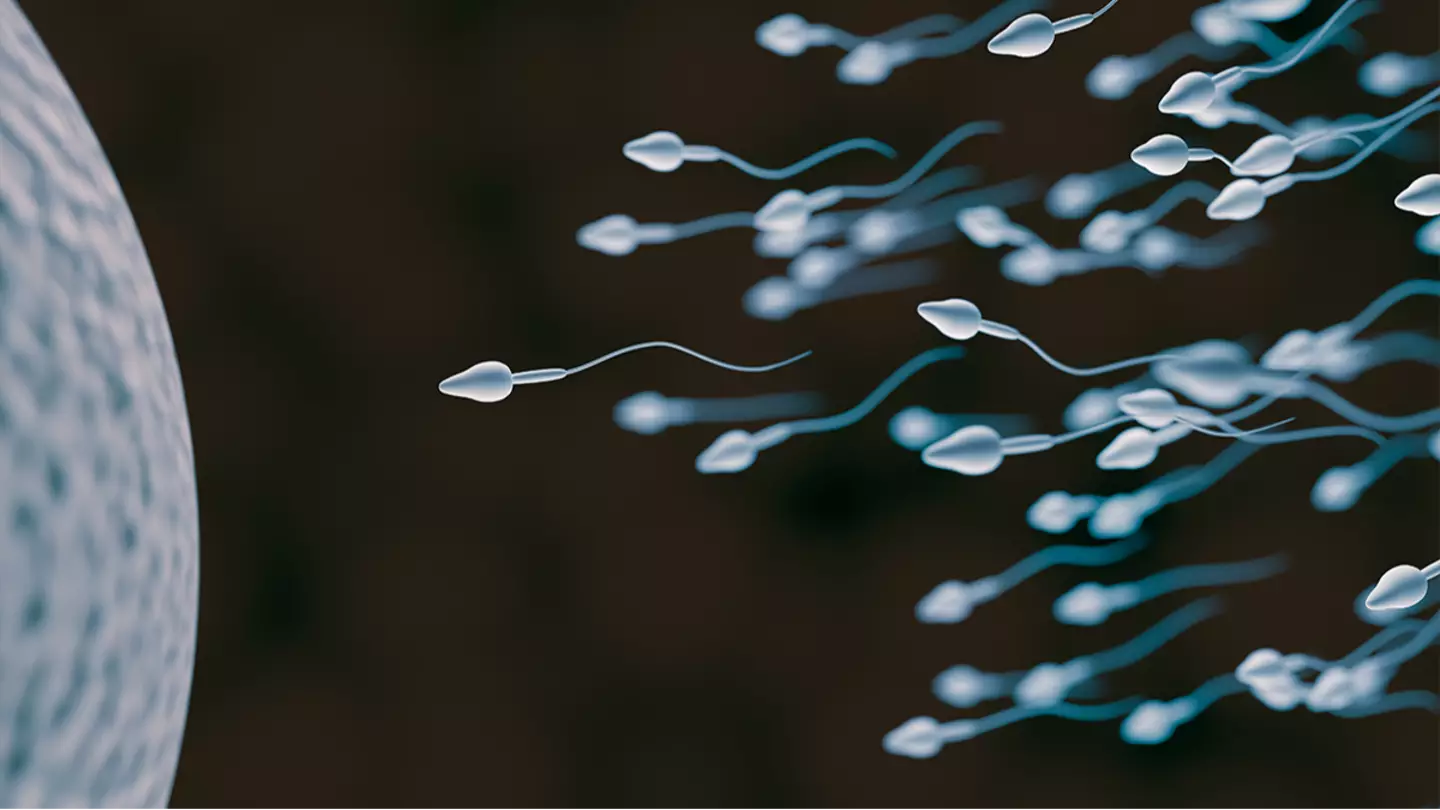
If you’ve ever heard someone joke that ‘men age like fine wine’, science might just have popped that cork for good.
We all know getting older comes with a few unwanted surprises: creaky knees, back pain after sitting too long, and the sudden need to talk about mortgages. But it turns out there might be another part of aging that deserves attention, and it’s one you definitely don’t want to ignore.
A team of UK scientists at the Wellcome Sanger Institute, working with the TwinsUK study at King’s College London, has been looking into what happens to men’s sperm as the years go by.
Using cutting-edge genetic tools, they examined samples from dozens of men across a wide age range, from 24 to 75 - to see how DNA in sperm changes over time.
Advert

This isn’t your average ‘fertility drops with age’ story. The researchers weren’t just counting sperm or testing for mobility.
They were digging deep into the genetic code itself and what they found has massive implications for how we think about male fertility and children’s health.
After sequencing more than a thousand sperm samples, scientists discovered that sperm doesn’t simply deteriorate with age; it actually starts to change at a genetic level.
They found that older men were far more likely to produce sperm carrying potentially harmful mutations.
The research, published in Nature, revealed that these mutations don’t just appear randomly either. Certain genetic changes seem to thrive inside the testes, effectively giving some sperm cells a competitive edge.
Over time, these mutated cells can take over, a process some researchers have dubbed as ‘selfish sperm’, according to the Daily Mail.

The study found that mutation rates increase steadily with age, rising by around 1.67 mutations per year per genome.
By the time a man reaches 70, as much as 4.5 percent of his sperm could contain a likely disease-causing mutation.
The team identified 40 genes involved in this process, many linked to developmental disorders like autism and cancer.
Study author Dr Matthew Neville, from the Wellcome Sanger Institute, said: "We expected to find some evidence of selection shaping mutations in sperm. What surprised us was just how much it drives up the number of sperm carrying mutations linked to serious diseases."
Meanwhile, Professor Matt Hurles, Director of the Wellcome Sanger Institute and co-author, added: "Our findings reveal a hidden genetic risk that increases with paternal age. Some changes in DNA not only survive but thrive within the testes, meaning that fathers who conceive later in life may unknowingly have a higher risk of passing on a harmful mutation to their children."
While most mutated sperm never lead to conception, the research suggests children of older fathers may face higher risks of certain genetic conditions.
Topics: Parenting, Sex and Relationships, Health, Science
